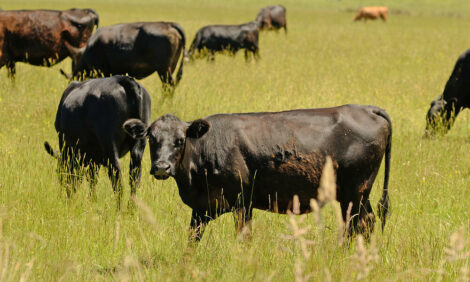



Managing Recessive Defects with DNA Tools
ILLINOIS, US - During the past several years, a number of recessive genetic defects have surfaced in beef cattle populations. These events are likely due to changes in breeding practices that include increased selection intensity on individual traits as well as the use of reproductive technologies like artificial insemination (AI) and embryo transfer (ET), writes Jonathan Beever, University of Illinois.As a result, the effective size of cattle populations may be reduced, thereby potentially increasing the level of homozygosity and subsequent emergence of an increasing number of recessive defects.
Traditional approaches for selection against recessive traits have relied on indiscriminate culling of suspect pedigree material or progeny testing of individuals by test matings. Both of these methods have significant drawbacks including the potential loss of germplasm with high genetic merit and the increased time and expense of confirming the genotypic status of an individual.
Fortunately, advances in molecular genetics, specifically the cattle genome project, have provided new tools for the rapid identification of specific mutations causing these defects and the development of DNA tools for their management. These technologies have led to the recent identification of genetic mutations that cause idiopathic epilepsy (IE), arthrogryposis multiplex (AM), hypotrichosis (HY), osteopetrosis (OS), neuropathic hydrocephalus (NH) and others. These discoveries have yielded DNA-based diagnostic tests that are currently being used within the industry to manage these genetic defects.
Based on the demonstrated ability to rapidly characterize these recessive defects and provide management solutions, a new paradigm for monitoring defects within these populations should be developed. This model should include proactive participation of breeders, breed associations and scientists to facilitate collection of samples for analysis.
TheCattleSite News Desk


